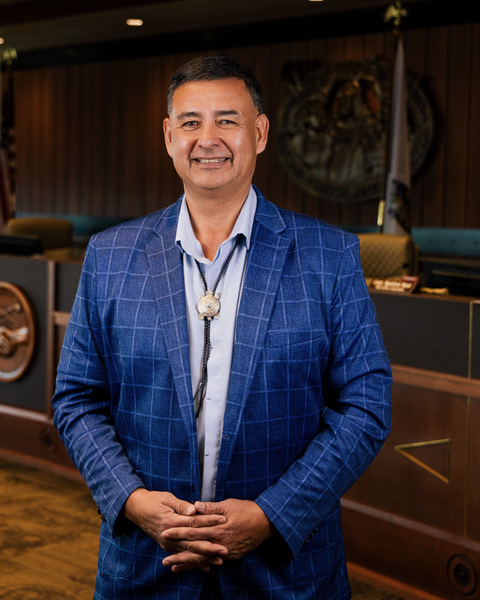Stories from the North Dakota Newspaper Association Education Foundation This week’s Stories – Local districts prepare to address ‘learning gaps’ caused by pandemic North Dakota acts to support military and...
Menu

Stories from the North Dakota Newspaper Association Education Foundation This week’s Stories – Local districts prepare to address ‘learning gaps’ caused by pandemic North Dakota acts to support military and...